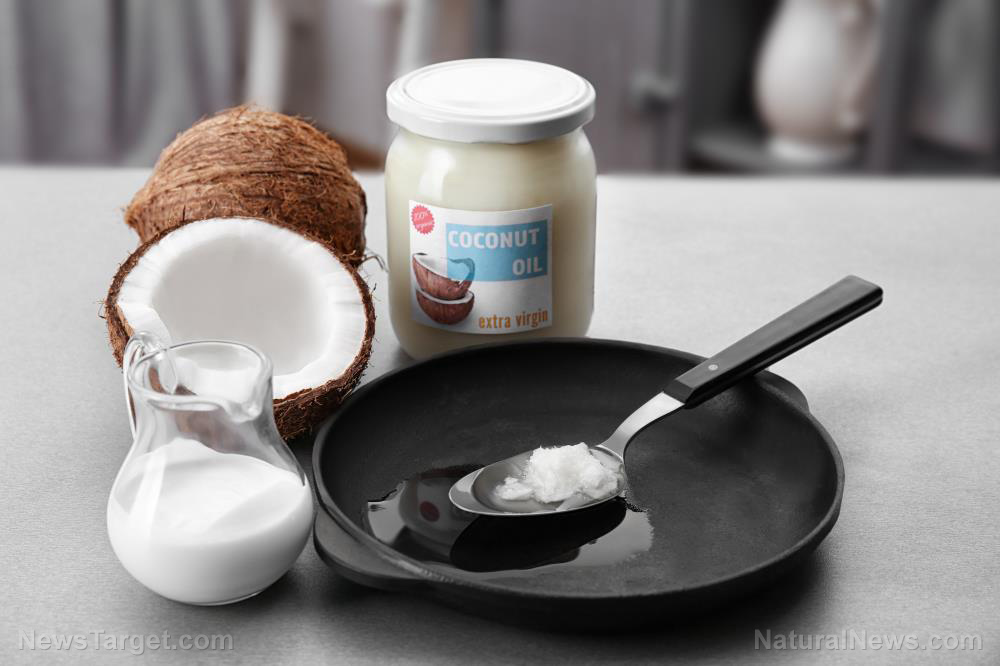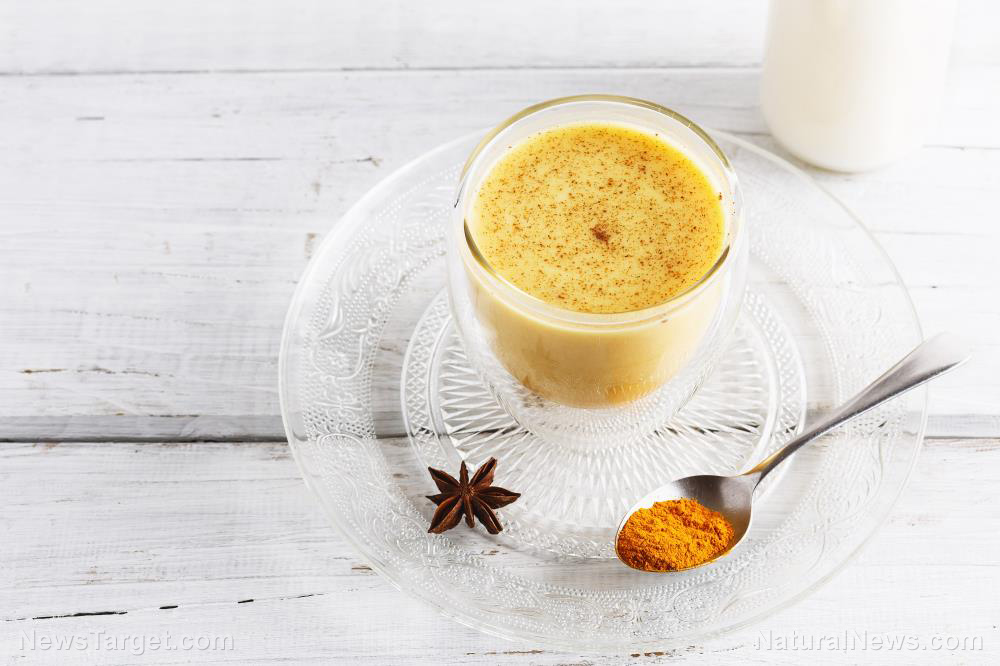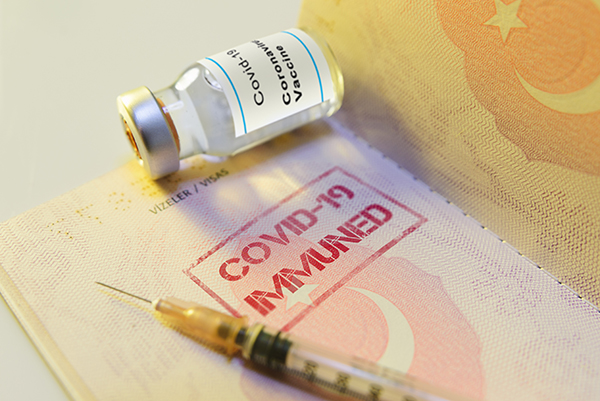Natural healing: Survival uses for coconut oil
08/05/2021 / By Zoey Sky

Coconut oil is a great versatile item to have in your survival stockpile. It can be used as a healthy alternative to other kinds of cooking oil and boasts several medicinal uses, such as relieving burns and bug bites. (h/t to PrepSchoolDaily.Blogspot.com)
Why is coconut oil is good for your skin?
Coconut oil is a highly saturated oil, and it is traditionally made by extracting the oil from raw coconuts. At room temperature, coconut oil is solid but it softens or melts when heated.
Coconut oil is full of medium-chain fatty acids, a form of saturated fat.
Coconut oil can help eliminate harmful microorganisms
The medium-chain fatty acids in coconut oil have antimicrobial properties that can protect your skin from harmful microorganisms.
Different types of skin infections, like acne, cellulitis, folliculitis and athlete’s foot, are caused by bacteria or fungi. Applying coconut oil directly to your skin can help prevent the growth of these microorganisms.
Coconut oil’s antimicrobial properties are due to its lauric acid content, which makes up about 50 percent of its fatty acids.
Lauric acid helps fight harmful microorganisms. In a study, researchers tested the antibacterial properties of 30 types of fatty acids against 20 different strains of bacteria, lauric acid was the most effective at preventing bacterial growth.
Another test-tube study showed that capric acid in coconut oil had anti-fungal effects that helped inhibit the growth of certain types of fungi.
Coconut oil can help reduce inflammation
Some studies show that coconut oil has anti-inflammatory properties. Chronic inflammation is linked to different types of skin disorders, like contact dermatitis, eczema and psoriasis.
In one study, scientists applied virgin coconut oil to the inflamed ears of rats. Results suggest that coconut oil had an anti-inflammatory effect and that it also helped relieve pain in the test subjects.
Coconut oil can help promote wound healing
Other studies suggest that coconut oil can also aid in wound healing.
In an animal study, researchers examined the effects of coconut oil when applied to the skin of injured rats. Findings showed that treating wounds with virgin coconut oil helped promote faster healing, improved antioxidant status and increased collagen levels.
Collagen is an important protein that needed for wound healing. Additionally, the antimicrobial properties of coconut oil can help prevent infection, which can significantly complicate the healing process.
Alternative medicinal uses for coconut oil when SHTF
Data suggests that when used externally, coconut oil is a natural antibacterial and anti-fungal. Additionally, coconut oil helps promotes healing and is an anti-inflammatory and analgesic.
By itself, coconut oil can be used to treat common health complaints such as:
- Athlete’s foot and other skin fungus – Rub some coconut oil into the affected areas. When treating athlete’s foot, wear socks after applying coconut oil to kill any fungus and bacteria on your feet.
- Bug bites and stings – Apply coconut oil to bug bites or bee stings for natural relief.
- Burns – Apply coconut oil to burns and cover the coconut oil with a non-adherent dressing. You can also use the oil to treat sunburns and soothe irritated skin.
- Diaper rash– Use a bit of coconut oil to treat diaper rash instead of creams that may contain harmful chemicals that can irritate a baby’s skin.
- Ear infections – Add a couple of drops in the infected ear.
- Nosebleeds – If you have frequent nosebleeds, rub a bit of coconut oil inside your nose to reduce occurrences.
- Skin irritations – If you have chickenpox, eczema, or shingles, apply coconut oil liberally to the affected areas.
- Wounds – Apply coconut oil generously to a wound and bandage. The oil will help speed up healing and prevent infection.
Boost coconut oil’s effectiveness with essential oils
As detailed above, coconut oil can be used on its own to soothe wounds and burns. Additionally, coconut oil has natural antibacterial, anti-fungal, anti-inflammatory and analgesic properties, making it a great carrier oil for healing essential oils. (Related: How to make DIY survival pain relief salve using essential oils.)
- Cold sores – Treat cold sores with a remedy made of 1/4 teaspoon of coconut oil with one drop of oregano essential oil.
- Hemorrhoids or piles – Combine one teaspoon of coconut oil and two drops of lavender essential oil to treat hemorrhoids and piles.
- Insect repellent – Make a natural skin repellent by mixing one tablespoon of coconut oil and two drops each of peppermint, rosemary and tea tree oil.
- Thrush – Get one teaspoon of coconut oil and add two to three drops of peppermint essential oil. Swish the mixture in your mouth to treat thrush.
- Wound salve – Make a soothing wound salve by mixing one teaspoon of coconut oil and two drops each of frankincense, lavender and tea tree oil.
Get rid of lice with coconut oil
Below is a lice treatment that combines coconut oil with apple cider vinegar, another versatile item that you should stock up on before SHTF.
- Rinse your hair well with apple cider vinegar, then leave the vinegar in to dry.
- Work a bit of melted coconut oil into your hair. Make sure you cover every strand of hair from the roots out, then put on a shower cap.
- Leave the oil in and keep the shower cap on for several hours so the coconut oil can suffocate the lice.
- After several hours, use a lice comb on your hair to easily remove eggs and lice. Rinse, then shampoo as usual.

Considerations before using coconut oil
Coconut oil can help keep your skin healthy, but applying it to the skin may not be ideal for everyone. Avoid using coconut oil if you have oily skin since it may block pores and cause blackheads.
If it’s your first time using coconut oil, do a patch test first to check if it will cause an allergic reaction, irritation, or blocked pores. For external uses, like remedies for skin conditions, any kind of coconut oil will work.
Treat burns or infections naturally with soothing coconut oil and essential oils.
Sources include:
Tagged Under: alternative medicine, coconut oil, home remedies, homesteading, how-to, natural cures, off grid, preparedness, prepper, prepping, remedies, SHTF, survival, survival medicine
RECENT NEWS & ARTICLES
COPYRIGHT © 2017 REMEDIES NEWS






















